-
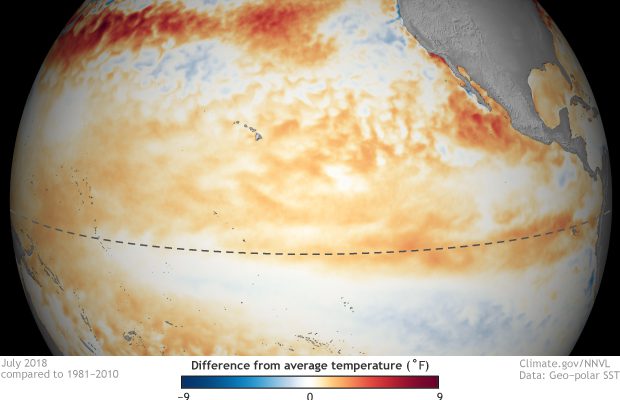
The latest outlook for El Niño was released by NOAA today. It shows that even though the signals for the impending El Niño event have weakened slightly, the forecast for an event occurring by next winter is still likely, although the actual event may hold off until fall instead of in late summer as previously…
-
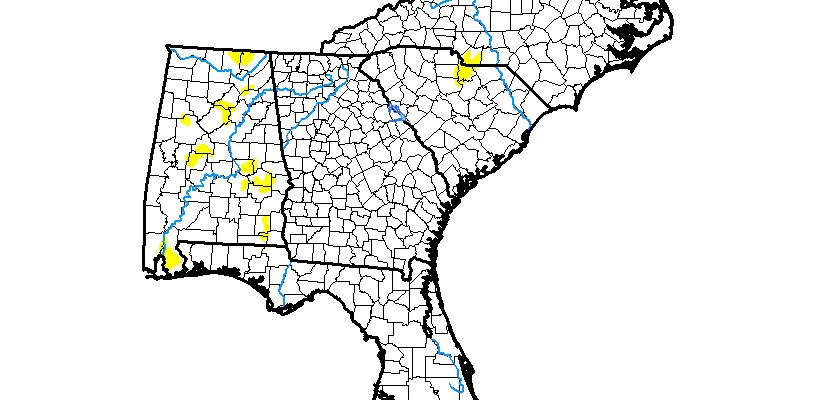
The rain we received over much of the Southeast in the last week has substantially reduced the area of abnormally dry conditions, as expected. Only a small area in the central Carolinas remains along with scattered spots in Alabama. The rest of the Southeast is free of any dry conditions.
Posted in: Drought -
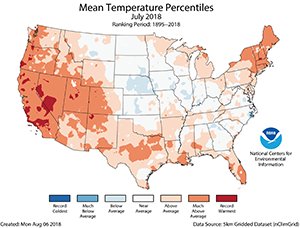
NOAA has just released their monthly climate summary for July 2018. It shows that for the contiguous 48 states, this July was tied with 1998 for the 11th warmest. Most of the Southeast, however, was near to slightly below normal except for Florida. Precipitation was near the long-term average, with some areas very wet (like…
Posted in: Climate summaries -
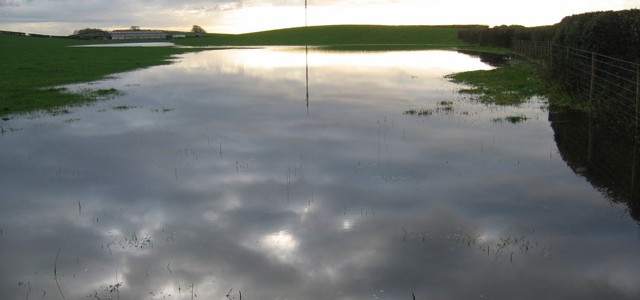
Would you like to know more about how the weather works? Here is a new four-week online course on the weather offered by the University of Exeter and the Royal Meteorological Society in Great Britain. In it you will learn the basics of atmospheric science with demonstrations of fronts and other concepts. There is no…
-
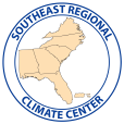
The Southeast Regional Climate Center has produced their summary for the July 2018 climate across the Southeast. You can read it at https://www.sercc.com/SoutheastRegionMonthlyClimateReportJuly2018.pdf.
Posted in: Climate summaries -
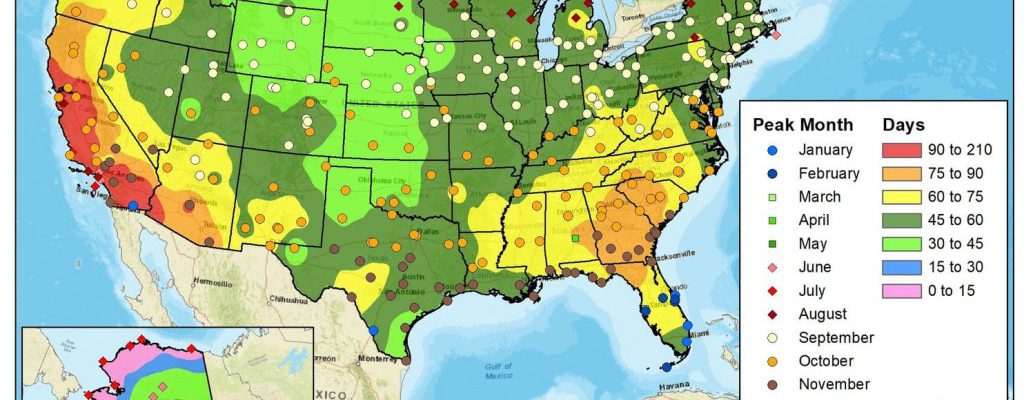
What do you think makes for a “nice” day? Do you like cool and pretty or warm and breezy? While everyone has their own unique favorite weather pattern, using a combination of days within a certain temperature and humidity range, the number of days with sunshine, and some other factors, climatologist Brian Brettschneider provides a…
-

NASA has a useful web site which describes how sea level is measured and how future rises of sea level are projected using both current data and computer simulations. If you live near the coast you might be especially interested in learning more. You can view it at https://sealevel.nasa.gov/understanding-sea-level/projections/overview.